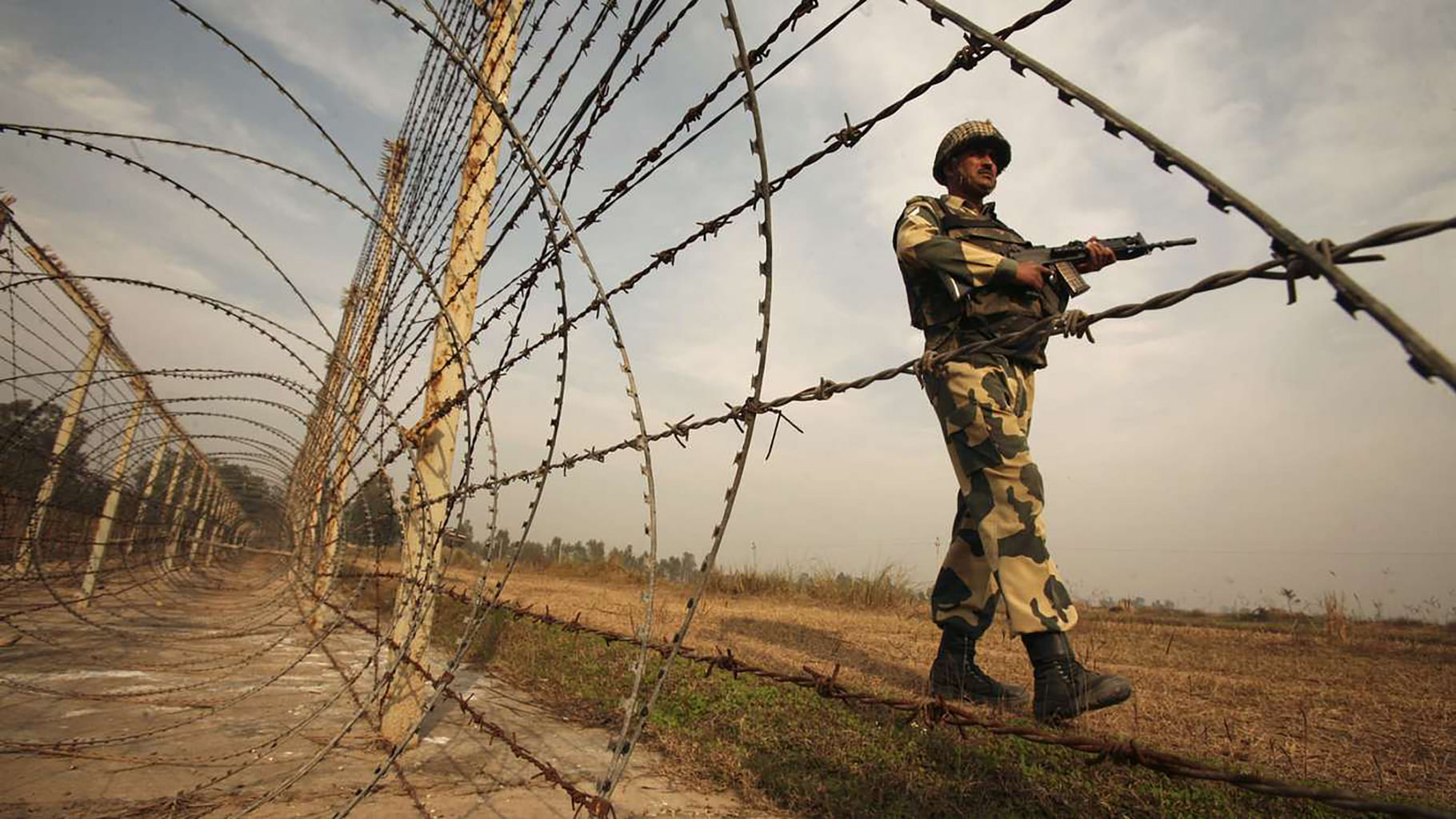Pakistan to Raise the Constitutional Status of Gilgit-Baltistan
Gilgit-Balochistan’s strategic region in the north links western China to southern Pakistan’s Gwadar Port.

In a move that is bound to raise hackles in India, Pakistan is working on raising the constitutional status of its occupied Gilgit-Baltistan to address China’s concerns over the USD 46-billion economic corridor through the strategic region.
The strategic region in the north, links western China to southern Pakistan’s Gwadar Port with a network of roads, highways, railways and investment parks. It is also on the key route of the ambitious China-Pakistan Economic Corridor (CPEC).
An official said that a committee was working on a plan to address Chinese concerns over its investment, after India objected to its building of the CPEC through Pakistan-occupied Kashmir (PoK).
If implemented, the mountainous region would find a mention in Pakistan’s Constitution for the first time.
According to analysts, Gilgit-Baltistan’s constitutional status could have far-reaching ramifications. It will change Pakistan’s traditional stance on Kashmir and also possibly increase friction with India.
Traditionally, Pakistan maintains that Kashmir is a disputed region and its status should be decided through a plebiscite under the UN resolution of 1948-49.
The PoK is divided into ‘Azad Kashmir’ and Gilgit-Baltistan. Both these regions have their own legislative assemblies and, technically, are not part of Pakistan federation. Pakistan administers them through a special minister for Kashmir and joint councils.
Internally, both regions are largely independent but external affairs and defence are strictly controlled by Pakistan.
(At The Quint, we are answerable only to our audience. Play an active role in shaping our journalism by becoming a member. Because the truth is worth it.)